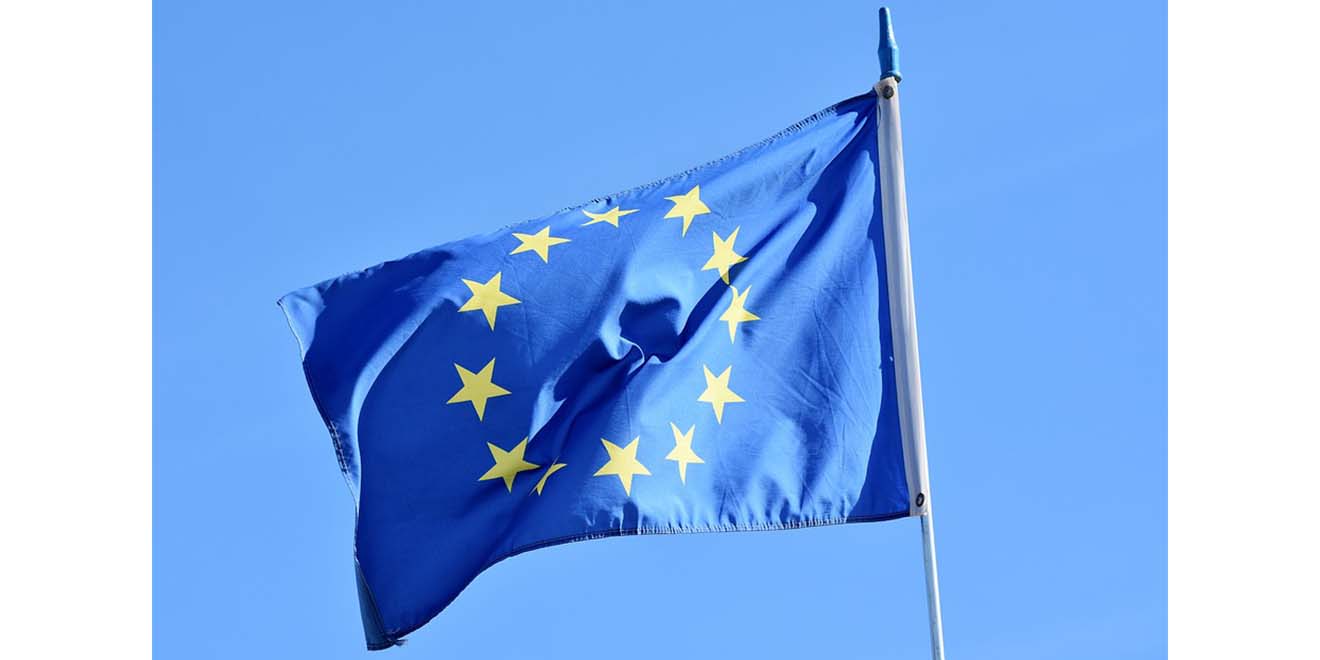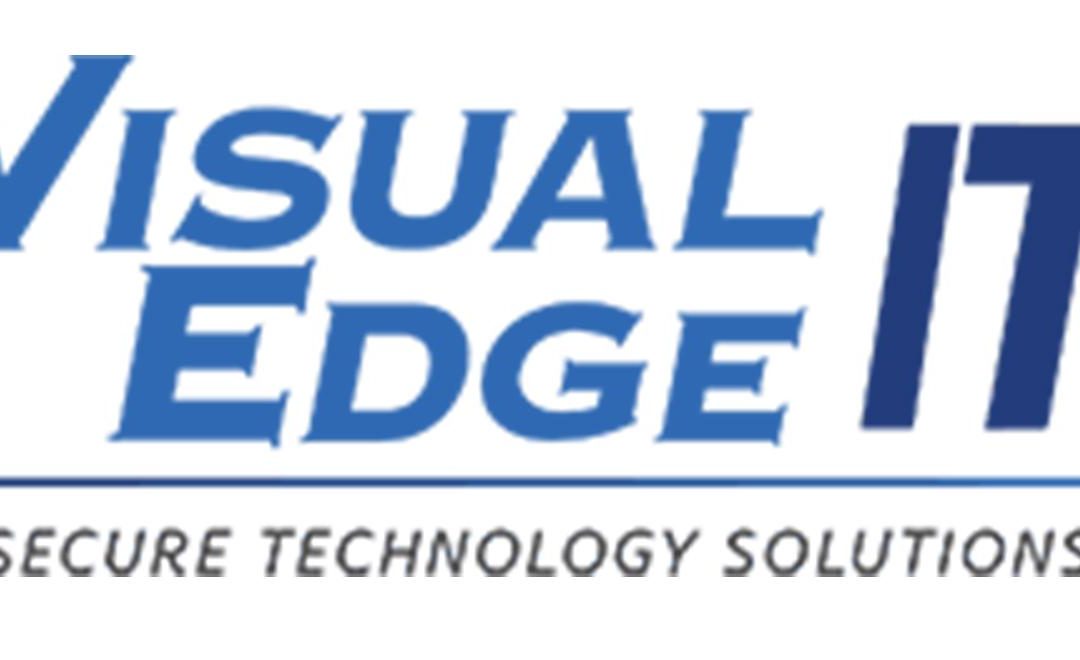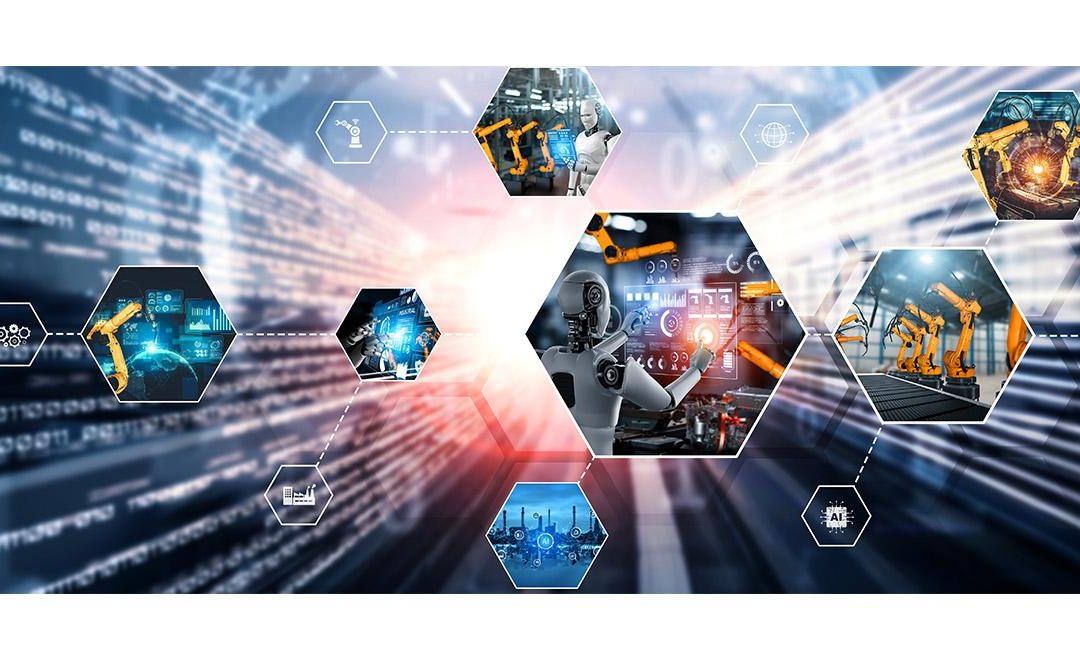 The European Commission has unveiled ambitious AI driven reform proposals to overhaul the EU Customs Union since its establishment in 1968.
The European Commission has unveiled ambitious AI driven reform proposals to overhaul the EU Customs Union since its establishment in 1968.
The proposed measures introduce a pioneering data-driven vision for EU Customs to streamline customs processes for businesses, particularly those considered reliable traders. By embracing digital transformation, the reform seeks to eliminate cumbersome customs procedures, replacing traditional declarations with a more intelligent, data-led approach to import supervision. Simultaneously, customs authorities will be equipped with the necessary tools and resources to effectively assess and halt imports that pose genuine risks to the EU, its citizens, and its economy.
This reform is a response to the growing pressures EU Customs face, including the exponential increase in trade volumes, particularly in e-commerce, a rapidly expanding number of EU standards to be enforced at the border, and evolving geopolitical realities and crises. It aims to make the customs framework adaptable to a greener and more digital era, contributing to a safer and more competitive Single Market.
The reform simplifies and rationalises customs reporting requirements for traders, such as reducing the time required to complete import processes, establishing a single EU interface, and facilitating data reuse. Doing so supports EU President von der Leyen’s target of reducing burdens by 25%, all while maintaining the policy objectives.
Central to the proposed reform is the creation of a new EU Customs Authority that will oversee the EU Customs Data Hub, which will serve as the engine of the new system. Over time, the Data Hub will replace the existing customs IT infrastructure in EU Member States, leading to annual savings of up to €2 billion ($2.14 billion) in operating costs. The new Authority will also contribute to an improved EU approach to risk management and customs checks.
Companies intending to import goods into the EU will be able to input all relevant information regarding their products and supply chains into a single online platform called the EU Customs Data Hub. Leveraging cutting-edge technologies such as machine learning, artificial intelligence, and human intervention, this platform will provide authorities with a comprehensive overview of supply chains and the movement of goods.
The reform also places responsibility on online platforms to ensure customs duties and VAT are paid during purchase. Consequently, EU consumers will no longer face hidden charges or unexpected paperwork upon parcel arrival.
The implementation of the changes will have a profound impact on our market, particularly for non-compliant products. With the data-driven approach and streamlined customs processes, non-compliant goods will face stricter barriers and scrutiny. As a result, businesses will need to prioritise compliance and ensure that their products align with EU standards to avoid facing barriers and potential penalties.




















